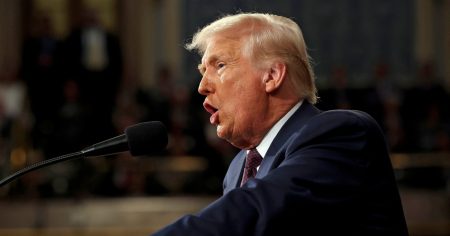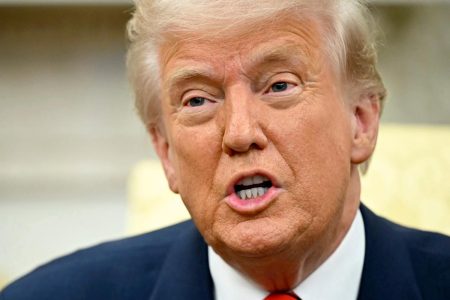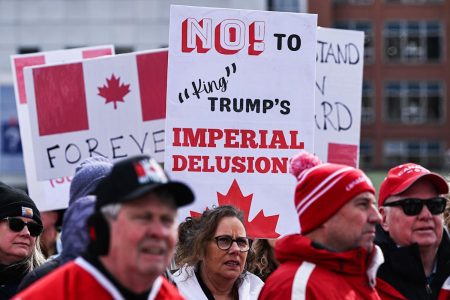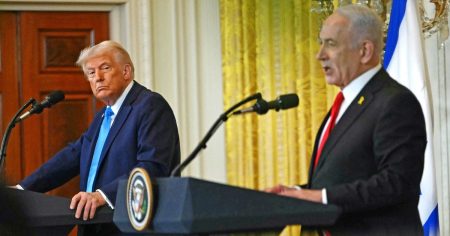Turkish Police Detain Municipal Officials in Crackdown on Opposition
Background of the Crackdown
Turkish police detained 10 senior officials from Istanbul district municipalities on Tuesday, according to the state-run Anadolu Agency. The detainees included deputy mayors of the Kartal and Atasehir districts and eight district municipal council members. All of them are members of the Republican People’s Party (CHP), Turkey’s main opposition party. The detentions were made on suspicion of appointing individuals with alleged ties to Kurdish militants, specifically the Kurdistan Workers’ Party (PKK), to municipal positions. This operation is part of a broader crackdown by the Turkish government on opposition-held municipalities, widening its efforts to consolidate power and quell dissent.
Political Implications and Critics’ Views
Critics view the detentions as a strategic move by President Recep Tayyip Erdogan’s government to undermine Istanbul Mayor Ekrem Imamoglu, who is seen as a potential challenger to Erdogan in future elections. Imamoglu, a prominent figure in the CHP, has been a thorn in the side of Erdogan’s ruling party, especially after the CHP’s significant gains in local elections last year. The detentions are interpreted by many as an attempt to discredit Imamoglu and weaken the opposition’s influence in Istanbul, a city that has historically been a political powerhouse in Turkey.
Reaction from the Opposition
Imamoglu and CHP leaders have strongly condemned the detentions, accusing Erdogan of using authoritarian tactics to suppress dissent. Imamoglu took to social media to criticize the move, calling it the result of the “whims of one person who considers himself above the will of the people.” CHP chairman Ozgur Ozel also weighed in, accusing Erdogan of undermining the democratic will of voters. Ozel emphasized that the detentions send a clear message: Erdogan is determined to punish those who challenge his authority, even if it means bypassing democratic norms.
Legal Challenges and Targeting of Opposition Figures
The detentions are not an isolated incident but part of a larger pattern of legal and political challenges faced by opposition figures in Turkey. Imamoglu himself faces potential jail time on charges that include insulting public officials and criticizing legal investigations targeting him and other mayors. In 2022, he was sentenced to imprisonment for speaking out against the controversial decision to annul the initial round of local elections in 2019, which Imamoglu had won. If his conviction is upheld by a higher court, he could be banned from politics for five years, effectively sidelining him ahead of future elections.
Broader Context of Erdogan’s Strategy
Since the local elections in 2019, Erdogan’s government has intensified its efforts to marginalize opposition-held municipalities, particularly those linked to the pro-Kurdish People’s Equality and Democracy Party (HSK). Several elected mayors from this party have been ousted over alleged ties to the PKK, a banned group designated as a terrorist organization by Turkey and its Western allies. The government has replaced these mayors with state-appointed officials, further consolidating its control over local governance. Critics argue that these actions are part of a broader strategy to stifle dissent and maintain Erdogan’s grip on power ahead of the 2024 presidential elections.
Impact on Kurdish Communities and Turkish Politics
The detentions and broader crackdown have significant implications for Kurdish communities in Turkey, who already face marginalization and repression. The government’s targeting of officials accused of PKK ties has further heightened tensions and raised concerns about the erosion of democratic norms in Turkey. As the 2024 elections approach, the situation is expected to become even more polarized, with Erdogan’s government doubling down on its authoritarian tactics to maintain control. For now, the detentions serve as a stark reminder of the challenges faced by opposition figures and the diminishing space for political dissent in Turkey.









